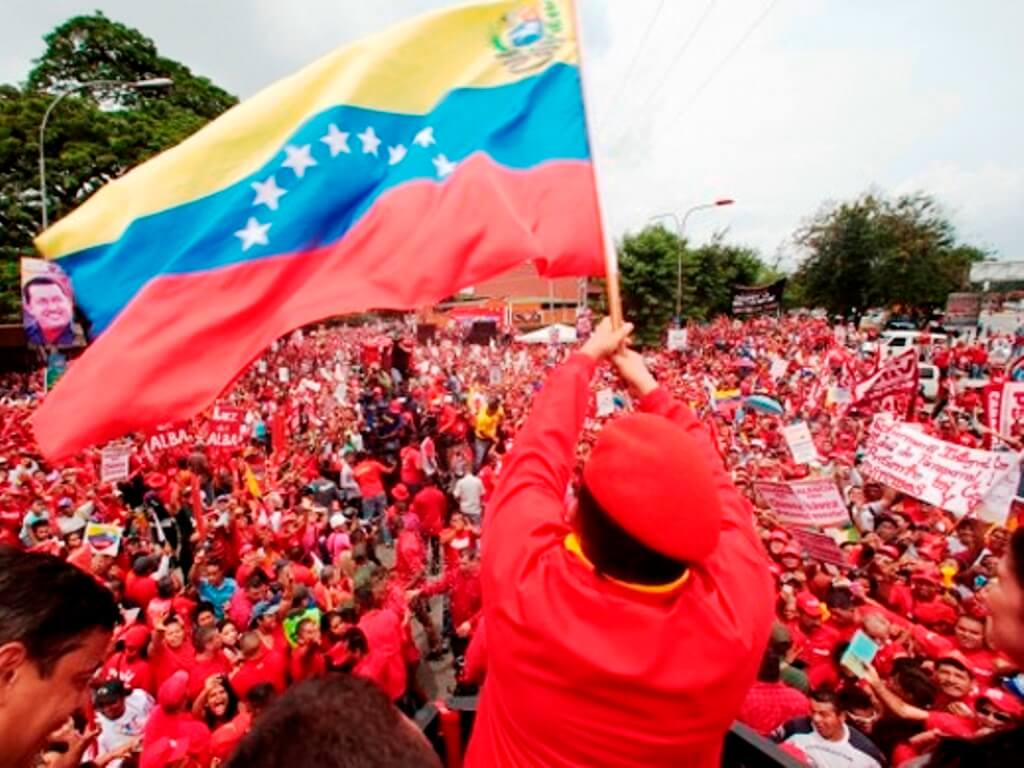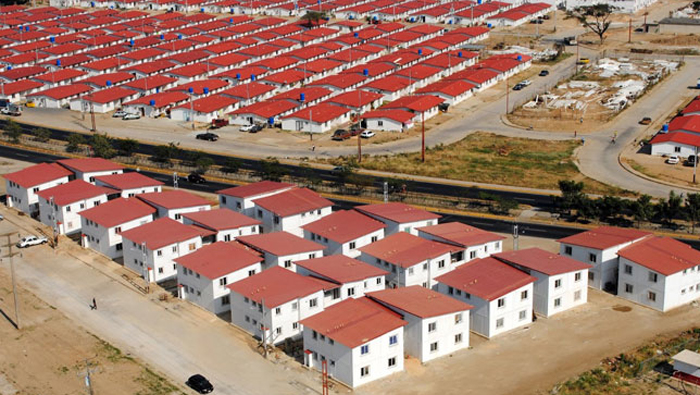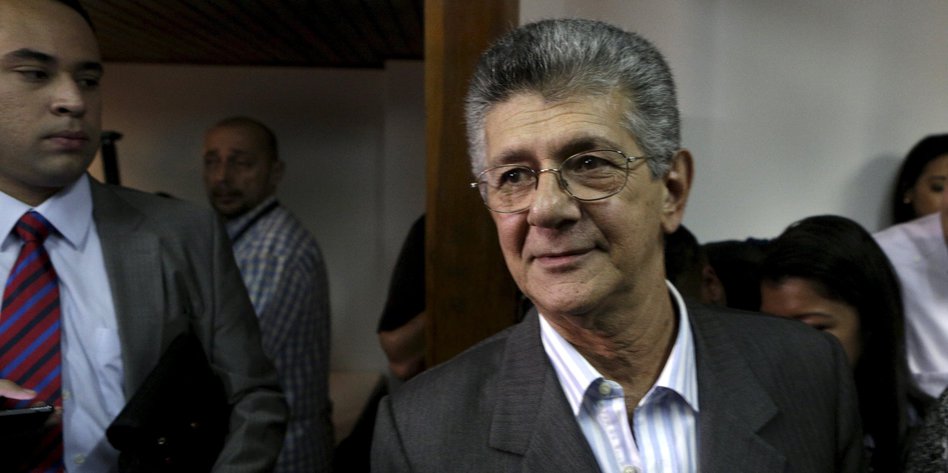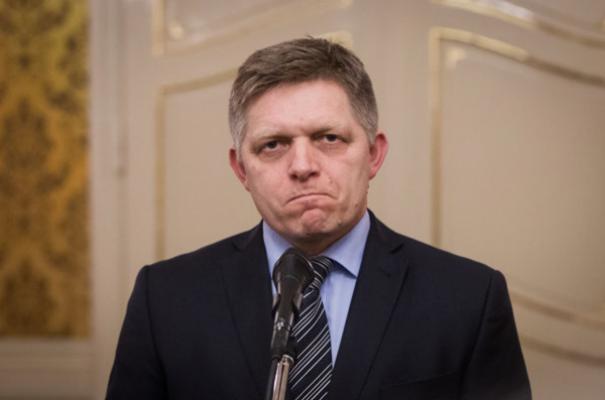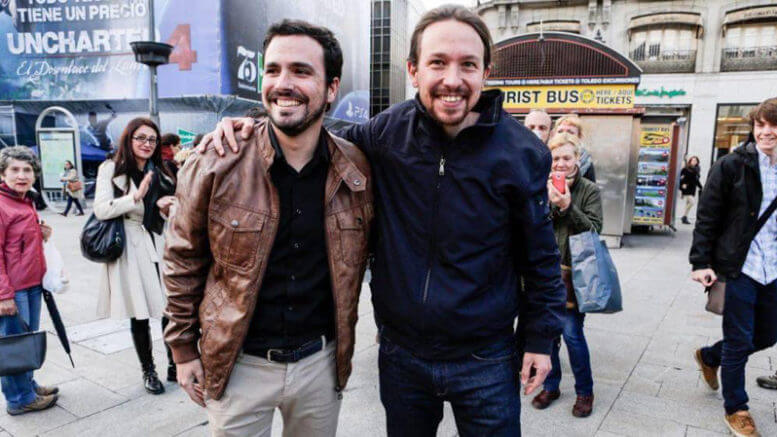By LUCAS KOERNER
Venezuela’s opposition-controlled legislature passed a constitutional amendment in first discussion this Wednesday. If approved by popular referendum, the reform will cut short the terms of mayors, governors, and even the current president, triggering presidential elections later this year.
The proposed amendment seeks to modify articles 160, 174, 230, and 233 of the constitution, reducing gubernatorial, mayoral, and presidential terms from six to four years and prohibiting more than one consecutive reelection.
Supporters are billing the reform as a check on executive powers, but detractors have derided it as a ruse to force the country’s current leftist president from office before his term is up.
Controversially, the bill’s authors propose that the amendment would not only affect future elected terms, but retroactively be applied to Venezuelan President Nicolas Maduro’s current 2013-2019 term in office. The approved reform would see Maduro’s presidency come to an end on January 10, 2017.
The proposal is now awaiting final approval by the National Assembly, which would trigger a popular vote on the reforms within 30 days.
In line with the country’s constitution, all amendments to the Magna Carta must first be approved by a nation-wide referendum before coming into effect.
If the Venezuelan electorate approves the reform, the legislation would force presidential elections to choose Maduro’s successor before December 11th this year.
The amendment would also alter the transition procedure in the event that the president is recalled, impeached, or resigns, naming the National Assembly president and not the vice-president as president in the interim period. In such a situation, Venezuela would see veteran right-wing opposition leader Henry Ramos Allup take the reins over the country.
The amendment has however been met with sharp criticism by members of the minority socialist parliamentary bloc, who denounced the measure as unconstitutional.
“[The proposed amendment] violates articles 340, 341, and 342 of the constitution, according to which, an amendment is only a simple modification of one or various articles without altering the spirit of the document,” declared socialist party (PSUV) legislator Edwin Rojas.
“Amendments are not designed to reduce or revoke an elected mandate because the recall referendum already exists for that purpose,” he added, describing the move as a thinly veiled attempt to oust the country’s democratically-elected leftist president.
Recall Referendum
The pro-Maduro minority bloc also took aim at the Organic Referendum Law that was approved in second discussion on Wednesday.
According to its backers, the legislation seeks to streamline the process for convening recall referenda, shortening the time necessary for the procedure from eight months to five.
The right-wing parliamentary majority has accused the National Electoral Council (CNE) of obstructing its efforts to convene a recall referendum against President Maduro by allegedly stalling in turning over the official sheets for signature collection.
However, members of the leftist parliamentary coalition likewise condemned the proposed law as unconstitutional, as well as an attempt to override the country’s legally recognised electoral monitoring body, the CNE (National Electoral Council).
“The Referendum Law is an initiative of the opposition that is full of vices given that the Venezuelan Constitution clearly establishes that the electoral arena is the exclusive responsibility of the electoral authority [CNE],” argued the young PSUV lawmaker Jorge Perez.
Constitutional scholars have also raised doubts over whether the opposition-controlled chamber can pass the legislation given that the Venezuelan Constitution specifies that organic laws must be approved by a two-thirds super majority.
“We should realize the foolishness of the powerless opposition majority in the National Assembly promoting a law that it won’t be able to approve unless it miraculously convinces three Chavista legislators in order to reach the 112 required votes,” writes constitutional lawyer Jesus Silva on Aporrea.
If the law is approved without two-thirds backing, it will remain merely “symbolic” only to be subsequently struck down by the Supreme Court, he continued.
Although the rightwing Roundtable of Democratic Unity (MUD) coalition initially gained the 112 seats needed for a super-majority, three of their lawmakers and one Chavista were temporarily suspended following reports of vote-rigging.
Parliamentary Bloc Launches Offensive
Together the amendment and the recall referendum form part of a “roadmap” for ousting President Maduro announced by right-wing MUD coalition in March.
The simultaneous set of strategies also includes plans for street mobilizations to demand the resignation of the leftist president as well as a constituent assembly to rewrite the 1999 Constitution.
Critics have nevertheless held up the plan as an indication of the opposition’s sharp internal divisions, evidencing their failure to unite around a single strategy.
